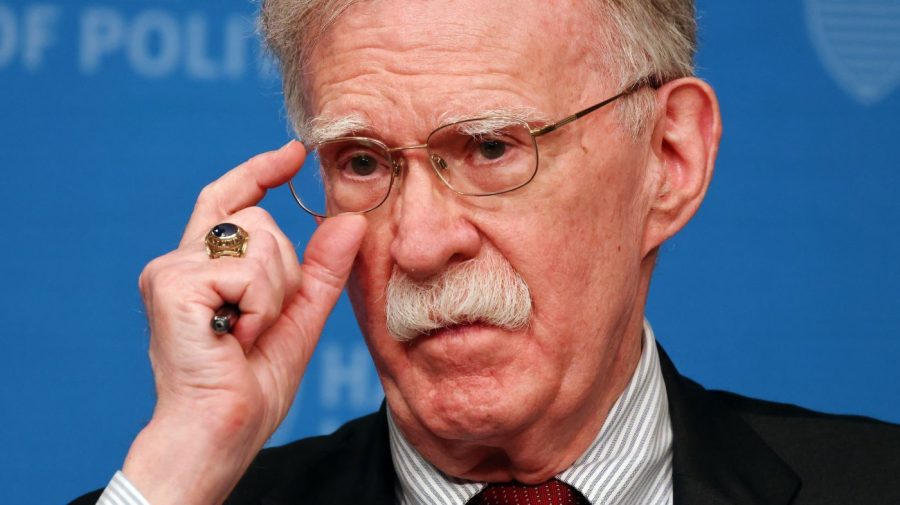John Bolton’s indictment is serious — don’t treat it like another Trump political ploy

Back in 2017, commenting on the Hillary Clinton documents scandal, John Bolton said, “If I had done at the State Department what Hillary Clinton did, I’d be wearing an orange jumpsuit now.” Now Bolton, who previously served as President Trump’s national security adviser but has since become a prominent critic, has been indicted by a grand jury in Maryland federal court.
The indictment sets forth 18 separate felony counts — eight for transmitting classified information related to national security, 10 for the unlawful retention of that material. This indictment is already widely recognized as one of the most serious legal actions so far brought by Trump’s Department of Justice, both because of the gravity of the violations and because they implicate direct risks to national security, rather than mere political improprieties.
The indictment explains how Bolton emailed and messaged information classified as top secret to two unauthorized individuals, reported to be his wife and his daughter, through personal, commercial email accounts. The Justice Department alleged that Bolton’s illegal actions in 2021 lined up with a cyberattack by hackers alleged to be linked to Tehran, who were able to access his an AOL email account that contained and transmitted classified national security information. The indictment also alleges that while Bolton informed federal law enforcement that he had been hacked, he failed to disclose that the compromised information included national defense secrets, which he had an affirmative duty to do.
It’s important to point out that Bolton’s case is far more serious and complex than either Letitia James’s or James Comey’s. Unlike these other politically motivated and arguably tainted prosecutions, Bolton’s case has clear and direct national security implications, and it involves the intentional dissemination of some of the most sensitive possible U.S. government information by someone who, as an attorney, is intimately familiar with security protocols.
John Bolton has served in numerous government roles, including undersecretary of State, national security adviser, and ambassador to the United Nations. Bolton’s violations of protocol in the use of unsecured networks, and the apparently very casual and intentional transmission of top-secret information, is a clear failure of judgment and duty that could have very directly endangered Americans. The indictment underscores the fact of his double misconduct: active, intentional sharing of top-secret information coupled with the failure to properly report and seek remediation once the compromise was known.
These crimes were aggravated by the fact that Bolton held a position near the top of the national security apparatus — that is, someone whose job it was to vigilantly prevent such breaches. The Justice Department alleges that Bolton sent more than 1,000 pages of personal notes and excerpts containing top-secret information received in the course of government briefings meant for only the most senior national security officials. The information included sensitive intelligence on U.S. adversaries, covert government programs and operations, and weapons programs.
The indictment, of course, comes as Trump faces valid criticism that he is using the Department of Justice to pursue and punish political enemies. But the seriousness of this case stands miles apart when compared with the flimsy and clearly trumped-up charges in the James and Comey matters.
Where no serious prosecutor would bring those other cases, Bolton’s was investigated for years and involves the release of still-operational intelligence of exactly the kind the law’s protections contemplate. Unlike Trump’s or Clinton’s documents cases, which ultimately turned on negligence and poor record-keeping practices, Bolton’s indictment points to the live transmission of the most secret national security information by a sitting national security adviser and lawyer, through unsecured channels, and coincident with a foreign cyberattack that was horribly mismanaged.
If Trump and Clinton were accused of mishandling classified information, Bolton is accused of spreading it. Americans should also understand that people have been convicted for much less in similar cases. The case is an important test for accountability in the national security apparatus and shouldn’t be dismissed as pure politics, either in the District of Maryland or the court of public opinion.
David S. D’Amato is an attorney, businessman and independent researcher. He is a policy adviser to both the Heartland Institute and the Future of Freedom Foundation.